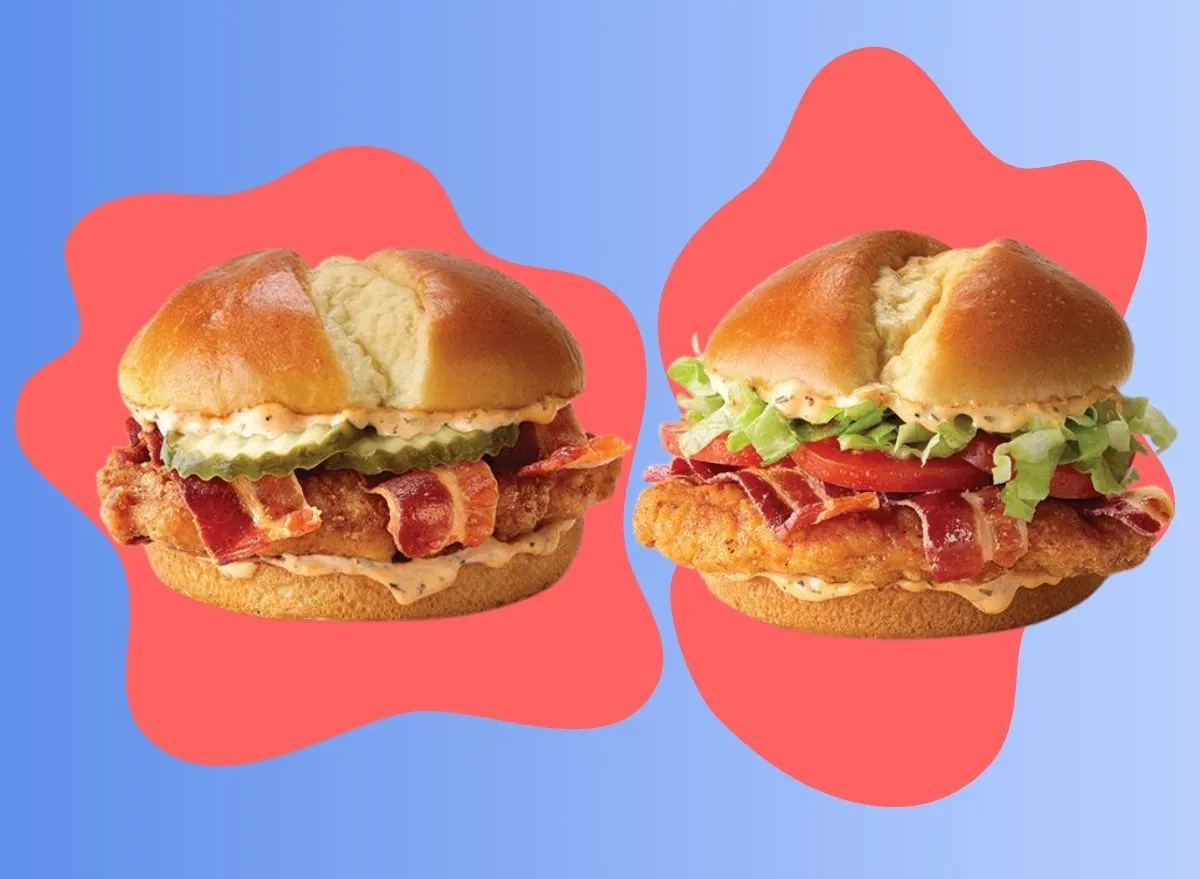
Visceral fat, as opposed to subcutaneous fat, is not visible to the eye. It is a type of body fat that’s stored within the abdominal cavity. It’s due to the fat’s location that makes it so dangerous for anyone with large amounts of it, as it can build up in the arteries. Located near vital organs including the stomach, liver and intestines, it puts a person at serious risk of health problems. Fortunately, a few small changes can make all the difference and eating one particular food a day could help you lose visceral fat, it’s been suggested.
When a person consumes large amounts of added sugar, fructose turns into fat by liver ?? leading to added visceral fat storage.
Thus, eating less added sugar and fructose may be an effective way to lose both visceral and belly fat.
A person can reduce their added sugar intake by making simple swaps such as eating more fish or more fresh fruits and vegetables.
What the study said
In a study with the US National Library of Medicine National Institutes of Health, the effects of dietary fructose restriction on liver fat in children with obesity was analysed.
The study noted: “Consumption of sugar is associated with obesity, type 2 diabetes mellitus, non-alcoholic fatty liver disease and cardiovascular disease.
“The conversion of fructose to fat in the liver may be a modifiable pathogenic pathway.
READ RELATED: Best and worst foods for period pains revealed: Avoid coffee but eat lots of salmon and veggies
“We determined the effect of nine days of isocaloric fructose restriction on liver fat, visceral fat, subcutaneous fat and insulin kinetics in obese children with habitual high sugar consumption.”
The study concluded that even a short-term restriction of sugar and fructose led to a significant decreased liver fat and visceral fat.
What the experts said
Dr Jason Fung, a nephrologist who specialises in obesity said the issue with weight gain isn’t too many calories, its “too much insulin.”
Eating sugar causes insulin levels to rise, which signals to the body to store fat.
Dr Vera Tarman added: “Refined sugar overwhelms our natural hormonal treatment of sugar and the body takes the excess sugar and parks it into the abdomen.
“That’s why insulin is known as the ‘fat-storing hormone.'”
Source: Daily Express










